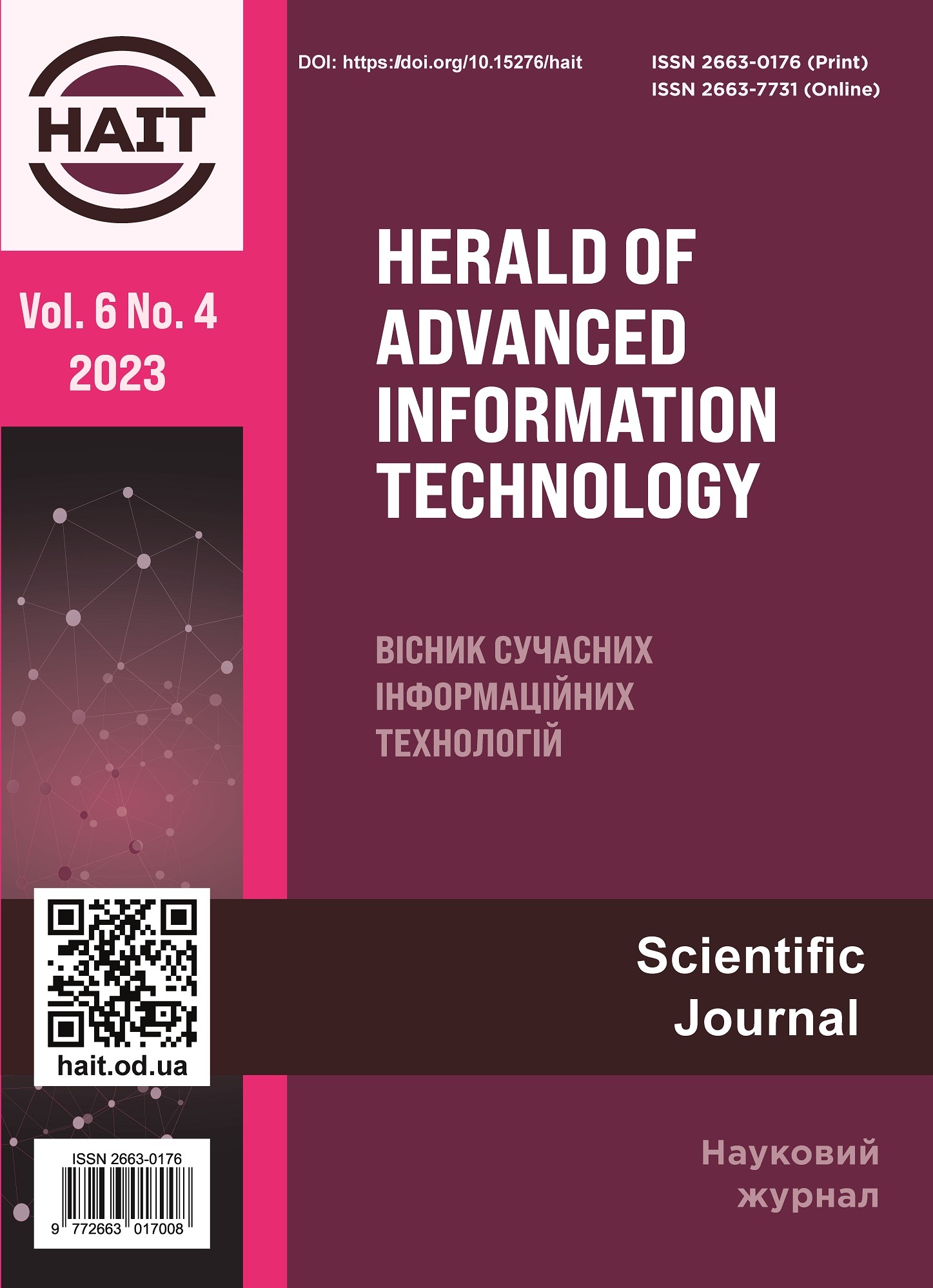Task execution flow management in the software development process under the minor change event
DOI:
https://doi.org/10.15276/hait.06.2023.19Keywords:
Software development, project management, tasks planning, task queue, tasks priotitization, task priority change, project microchangesAbstract
In modern project management methodologies, insufficient attention is devoted to the process of promptly responding to minor changes during task execution, which necessitate adjustments to the priorities of ongoing tasks. The existing approaches are not sufficiently detailed for a fundamental reassessment of priorities while such changes significantly impact project execution. The available materials and approaches do not provide ready-made solutions. This article proposes a task planning model during project execution. The model comprises the following key elements: Executor, Task Set, Task Execution Progress, and Calculation of Task Execution Quality Indicators. The Executor element contains information for identifying the developer and allocating their working time. It is anticipated that under exceptional conditions, a portion of non-working time may be scheduled for task execution. The Task Set element represents planned temporal characteristics and the priority of each task. The Task Execution Progress element contains information about actual dates, hours, and durations of segments during which the task was executed. The calculations of task execution quality indicators enable obtaining operational information about the progress of specific projects and assessing the effectiveness of process management. Basic algorithms for managing task sequences have been developed. The “Addition of a New Task” algorithm implements a task queue based on priority and start and end dates. The “Task Priority Change” algorithm envisages the possible repositioning of a task, as well as cases of task transfer to another executor or rescheduling tasks during non-working hours. Additionally, algorithms for notification of critical planning changes for dependent tasks (“Notification of Critical Planning Change for Dependent Tasks”) and critical deprioritization of dependent tasks (“Notification of Critical Deprioritization for Dependent Tasks”) have been developed. The proposed model and algorithms allow for accommodating micro-changes in the project and responding to their occurrence. The validation of research results in a real project demonstrated the effectiveness of the proposed model and algorithms while concurrently revealing a certain range of open questions requiring further consideration. Future research directions include the classification of micro-change scenarios, analysis of possible scenarios for suspending the execution of current tasks, and the development of scenarios and algorithms for selecting executors.








